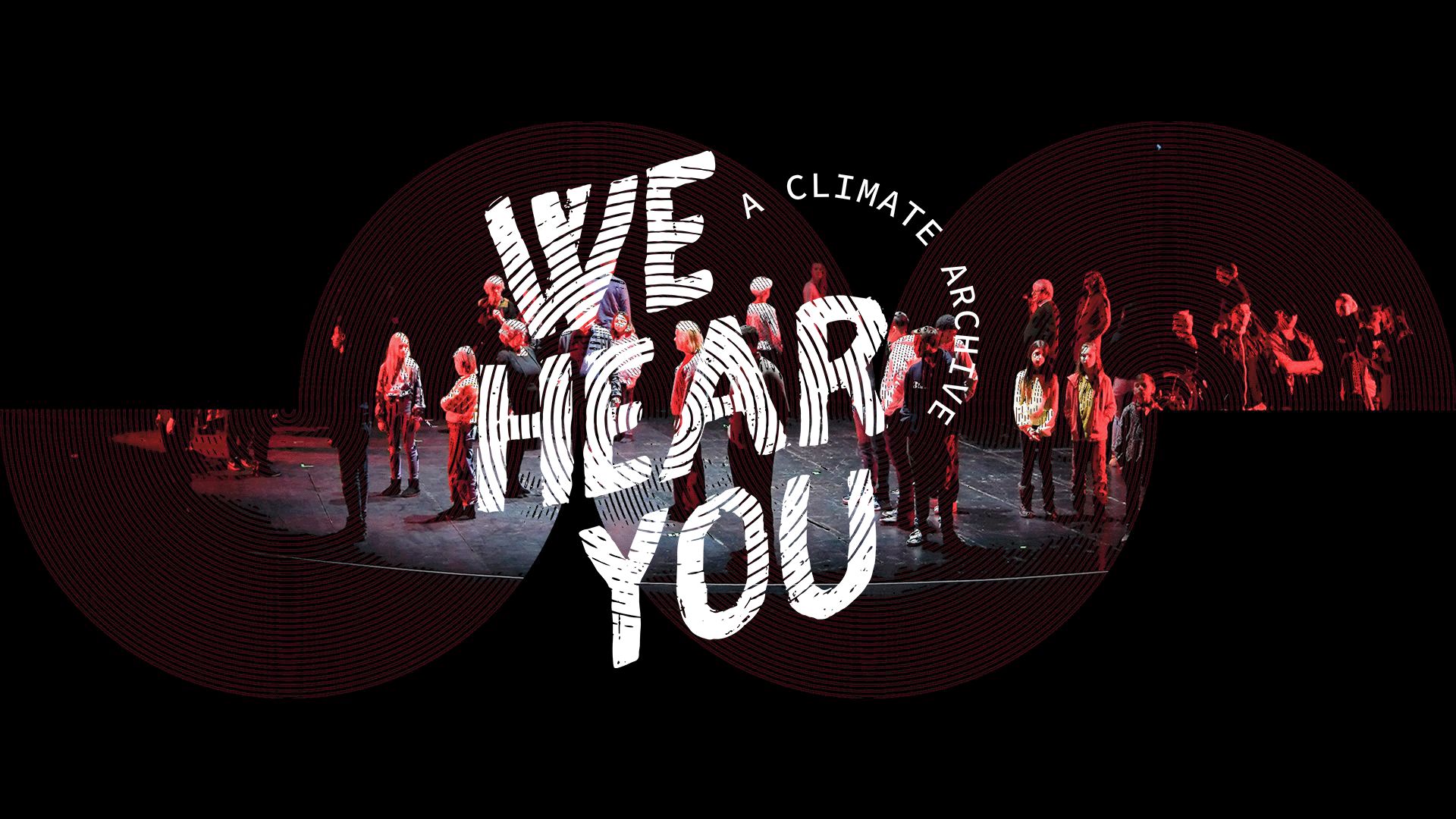Ayadi | She/They
The Indian Sandwich
India
Tropical and Subtropical Moist Broadleaf Forests
Session 6: February 24, 2023
My story is called “The Indian Sandwich,” which is actually a mistake from auto-typing, because Google could not understand my accent. (I just let it stay, because it was funny to me.) So yeah, growing up in the Global South looks very different. Oftentimes around us are the slums—the basthis, the sewers—the nalas, but it definitely isn’t the same everywhere. And maybe I can show you another side.
Living in the middle class can be a sandwich between different spaces. You don’t know what you are and where you are, because you can look at things, you can look at people, but you can’t get it. You can’t touch it. You can’t afford it. And that’s what living in India, for me, feels like. I know I’m part of the larger universe, the Global South. But when you look at our greenhouse gas emissions, our per capita expenditure, our baseline poverty rates, you see something entirely different. When you’re stuck in that middle place where you do not have money, but you also do not live on the streets, you don’t know whether you need therapy or just a good friend to talk to.
Although I feel very proud to be homegrown—as in, I’m connected with my family, I’m still in the place I love to be—there will always be things which, for anyone, pull you out of yourself. And here in India, perhaps the struggles are harder, but when you take a longer view, everything is still connected. There are different lenses through which to see everything: there’s a lot of privilege in my language when I call myself Indian and not a Bharatiya. And the land that I am living in is not just my own: there are countless bloodsheds that our people have done to ourselves, and there are also people who have committed violence against us. And I want to practice compassion and kindness to others, to myself, because, in the long view, we are all the same.
In this process of equalizing, I ask myself a lot of questions. “What is fair? Who is it fair to? Who am I playing at? What language am I using? What has been taken away?” I started asking these questions when I was six, when I was eight, when my grandmother would tell me stories. (I see a lot of my people and my friends feeling empty, but maybe this is why we are sticking to our grandparents, to our culture.) My origins are in Bengal, and I wasn’t always proud of that. When my grandparents used to talk about Bengal, they didn’t used to say “the East” and “the West,” because they didn’t want that reality—the fact that a partition happened: somebody came, took something from us, and we are different. The fact that my cousins who live in the East Side are from a different nation, and we are not the same, even though they still call it desh.
All I can think about in relation to this are the songs, the stories, and the poems that my grandmother has remembered since she was in the first grade. It honestly feels like I am living in her memories. Because I don’t know what she’s talking about when she says that, in my hometown, there’s a place called Nau Lakha—which means “nine million,” and refers to nine million trees in that spot at one time. Because when I was younger, there was nothing there. When I was six or seven, my river was already a sewer, and I did not understand why there was a Hanuman temple beside it. By contrast, in my grandmother’s stories, there were plays, and fairs, and you would go into the jungle, and the tiger would randomly come ransack your home, and you would have to run into the basement to hide. This was not my reality, but I desperately wanted to live in it. Even though it sounded scary, it felt so much more connected.
I think, no matter where I go, I always come back to this remembered space, to these dreams. It is not just me that lives through me: it is all the different people I have met, who are no longer with me. It’s the club my best friend and I started at twelve years old, when she asked, “Hey you like horses, right? When you go for a horse ride, why is it so dirty? Have you ever thought about that?” And, honestly, I had not. I just took the garbage as my reality. But that question sparked something inside of us. I am part of a generation that was born inside this movement—since I was little, the cloud has grown as I have grown, and it has engulfed my hometown.
My town used to be this dirty place, like what you think of when we say “Global South” and “the poor,” and when we talk about the parts of India that are dirty. But it’s now going to be the cleanest city in India for the eighth time in a row! And that change wouldn’t have been possible if we relied only on policies and officials. It was possible because of my friends, my community, everybody when we understood that this city is ours. Nobody else is going to come here and take care of it for us. Our movement was able to see not just that the river was a sewer, but that flowers grew around it. And in the sixth grade, my friend told me that you can eat those flowers, as a little pakora—and that solidified something in me. This thing that we used to call a weed, that we used to pluck out because it was unnecessary, was actually purposeful. I couldn’t see that purpose, initially, but the minute I thought, “Ooh, this is tasty,” it had value for me.
That shift did a lot in my head—it’s a change that I still carry with me, as I try to stay alive purposefully. And something about my hometown brings all of this together—the company of all the different people who have changed me over the years, and my grandmother’s poems about nature. Knowingly or unknowingly, I owe those stories, and those people, everything.
Ayadi is an architectural designer and a climate activist, working for inclusion and climate justice. She has expertise in construction and urban/climate finance industry as a young professional. With YOUNGO and MGCY, she works as a policy lead for Nature WG for multiple negotiations, and is currently the Co Chair for WAT-GP.

